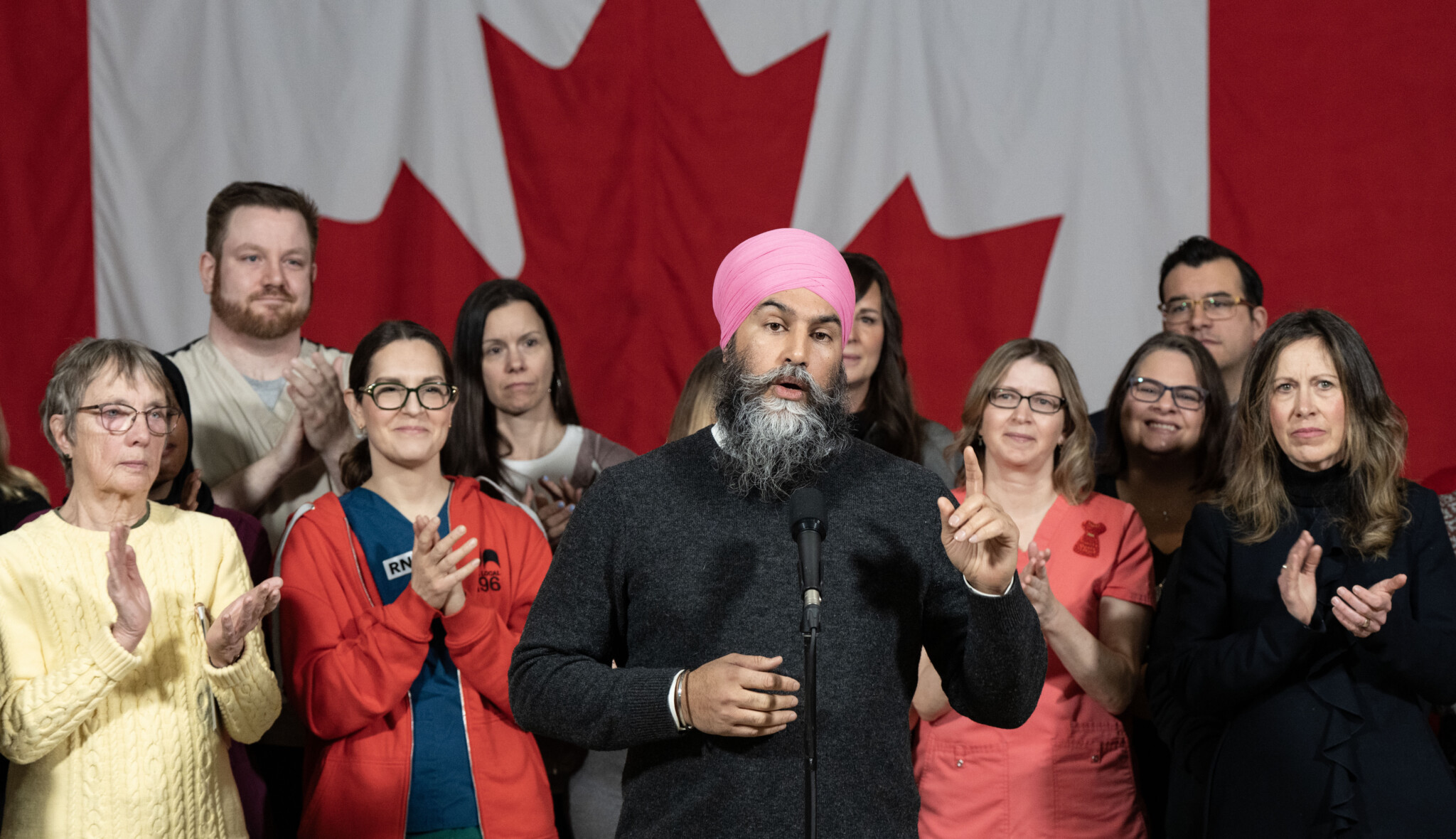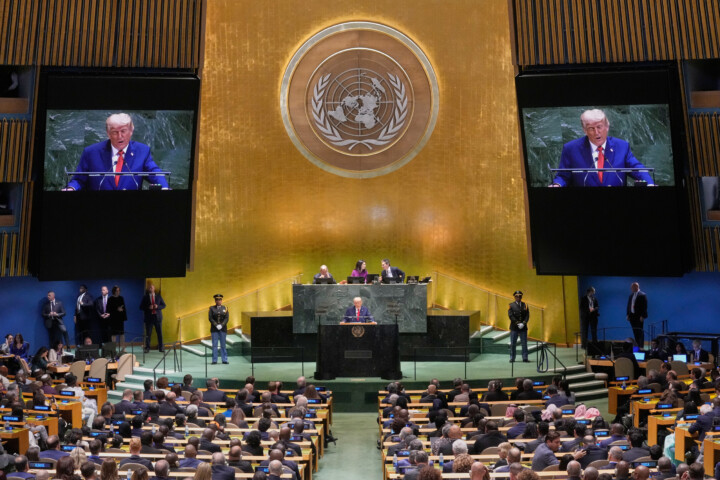In The Weekly Wrap, Sean Speer, our editor-at-large, analyses for Hub subscribers the big stories shaping politics, policy, and the economy in the week that was.
The NDP’s pointless campaign has left this a two-party race
One gets the sense that the federal New Democratic Party is being treated with kid gloves by commentators and pundits. It’s almost as if its good intentions buy it dispensation from criticism. We don’t know whether to treat it like a major political party or a fringe protest movement.
For the 2011 and 2015 elections, Jack Layton and Thomas Mulcair aspired for the NDP to present itself as a major party—one that sought to form the next government. Its campaigns were sophisticated, its policies were generally well-conceived, and its overall proposition to voters was one of mainstream credibility. The NDP was running with the big boys.
The first two weeks of the 2024 campaign couldn’t be more different. The NDP campaign itself is low energy and low budget. It’s marked by fringe positions and voices. And its policy proposals are amateurish and unserious. The NDP is running alongside the also-rans.
At this stage, besides its current parliamentary seats—which appear to be at high risk—it’s hard to distinguish the NDP from the People’s Party or other marginal parties. It’s a remarkable decline that ought to be receiving far more attention. The New Democrats have gone from 31 percent of the popular vote in 2011 to less than 10 percent in most polls today.
This has immediate consequences for the election campaign. The NDP’s bleeding of support to the Liberals has effectively turned it into a two-party race in most parts of the country. The Conservatives won a majority government in 2011 with less than 40 percent of the vote. If the NDP ends up with less than 10 percent, the Conservatives could even exceed their 2011 vote share and still lose.
But it will also have longer-term implications—perhaps even existential ones—for the federal NDP itself. What is its purpose? Why does it underperform its provincial parties? What explains its loss of working-class support? And who precisely does it speak for?
There’s no doubt that Jagmeet Singh is part of the problem. But sacking him is a necessary yet insufficient condition for reviving the NDP’s fortunes. His departure still won’t answer these bigger questions facing the federal party following the election.









